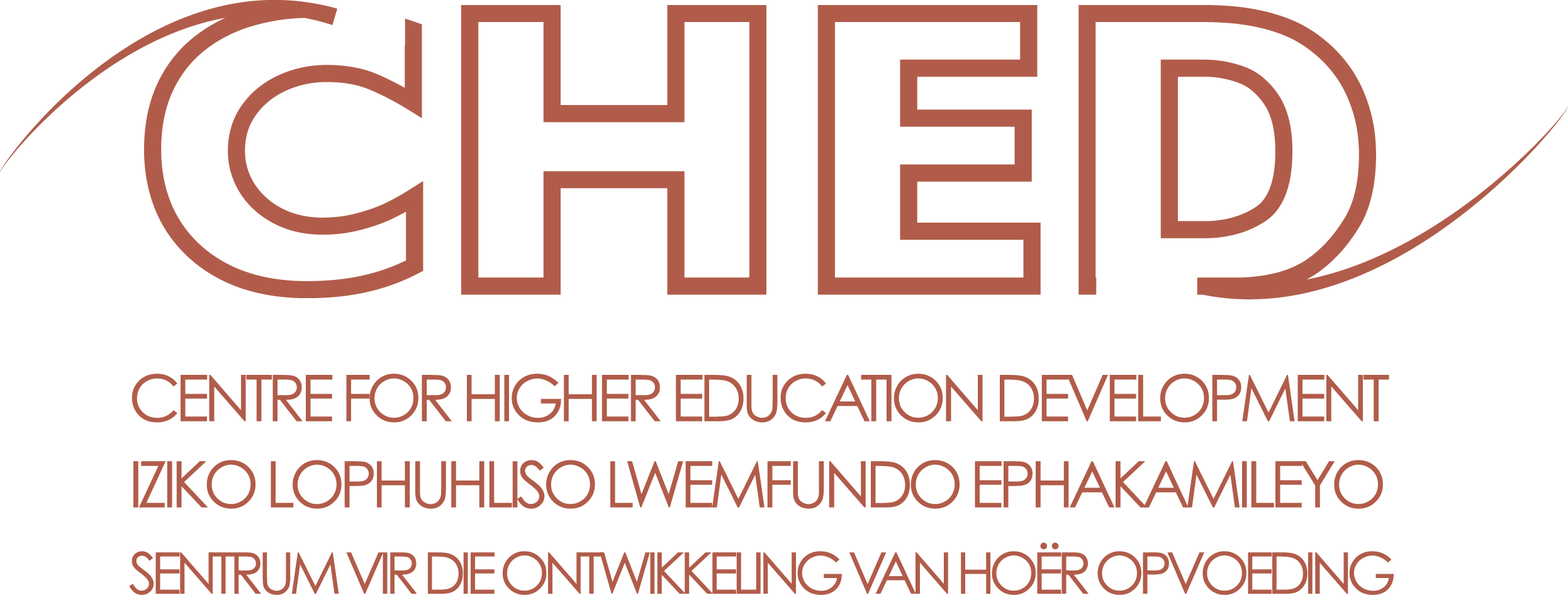The Decolonial Turn: Is CHED there yet?


It is against this backdrop and in keeping with the intention of UCT’s Strategic Planning Framework that the CHED Transformation Committee decided to embark on a series of participatory conversations on the urgent topic of Decolonisation of the Curriculum in CHED. As co-chair of the CCWG, Kasturi Behari-Leak and CCWG student representative, Kershan Pancham are leading this process in CHED to explore the decolonisation project and its attendant tensions and opportunities in the work of and in CHED. The overall objective is to develop a deeper understanding of the generative mechanisms that contribute to (un)transformed practices in different faculties; and to explore the capacity of CHED to be a key agent of change across UCT.
Using the overarching theme, ‘The Danger of a Single Story’, the CHED Decolonisation Conversation Series was conceptualised as an interwoven participatory learning and action engagement, involving interested colleagues in CHED, across the academic and PASS divide. Participants attend a monthly engagement and complete pre-tasks and readings to participate in story circles and discursive activities on various aspects of ‘decolonising the curriculum’.
The first conversation drew attention to the Self and the danger of the stories we tell of others; as well as when we are beneficiaries of single stories constructed by others. The discussions have surfaced the effects of single stories on participants’ sense of belonging, Self, inclusion and marginalisation. Using a creative and participatory technique, we used masks to step into and out of roles to surface the challenges of how single stories essentialise people to the detriment of their full potential.
In the second conversation, we moved to the ‘Danger of the Single Story’ as applied to our students. Here, we used the student production The Fall as material to access some of the themes and challenges that students face at the university, especially when they feel alienated. Discussion centred around the students that CHED supports and how we might understand our own positionality (and its opportunities and limitations) in relation to students we work with.
In the third conversation, the focus turned to ‘discourses of development and deficit’ and how these have influenced CHED’s developmental work institutionally and nationally. Using a generative methodology, groups created understandings of the power of discourses to shape and mould our practices, especially the danger if we are complicit and naïve about what discourses do and how people draw on them to perpetuate practices that are uncritical and reductionist.
We have three more engagements planned and we hope that more CHED colleagues will participate and engage to develop strategies for our work going forward. Is CHED there yet in terms of the decolonial turn? We think that we are well on our way and in the process of ‘turning’ our attention, care, focus and energy to doing things differently, but a lot more work needs to be done, internally and outwardly, to develop ways that include and build our students and academics who can envisage a brighter future for us all.
Image credit: By Ntentema (Own work) [CC BY-SA 4.0 (https://creativecommons.org/licenses/by-sa/4.0)], via Wikimedia Commons
